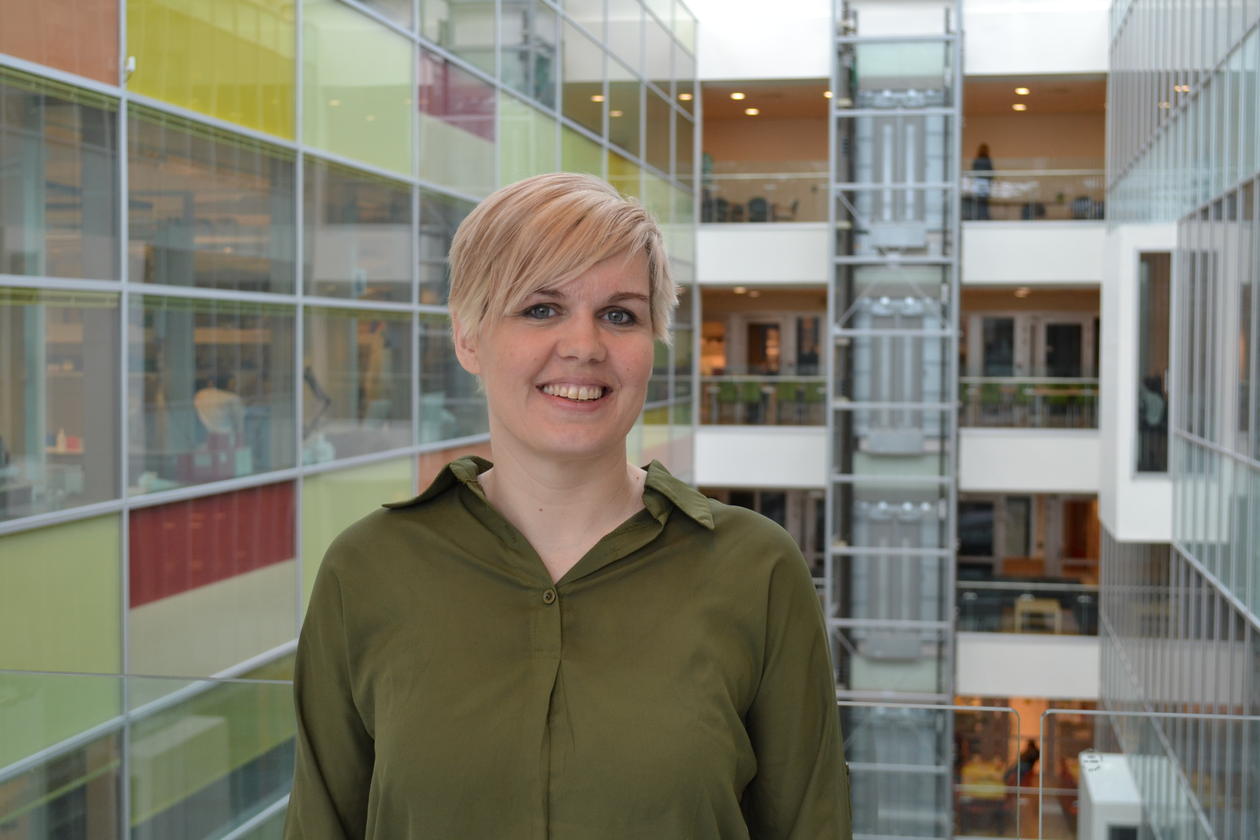Genetic studies on Addison
Under KG Jebsen senter for autoimmune sykdommer., som er ett samarbeid mellom Karolinska Institut i Stockholm og K2 ved UiB, gjøres det flere store genundersøkelser av pasienter med Addison som har som mål å oppnå større forståelse for hvilke genvarianter som gir en økt risiko for å få Addison og hvorfor noen familier har en sterk opphopning av autoimmune sykdommer.
Main content
GWAS
Even if most of the genome is the same across all individuals, we all have small individual differences or "variants". Most of these have no impact on the functions of your body, but some of them can increase the risk of acquiring a disease. A Genome-wide association study (GWAS) is a method that allowss us to study variants throughout the genome in one study, and discover how these variants are associated to a trait, e.g. a disease such as Addison.
We have combined the Norwegian and Swedish Addison registries in the KG Jebsen center for autoimmune disease in order to acheive the statstical power required to find new genetic risk factors for Addison disease. Here we have compared 1600 Addison patients with 4400 healthy controls and the first results show several hitherto unknown disease associations. The first results will hopefully be published in 2019.
Other genetic studies
Combined autoimmune diseases is one of the leading causes of chronic disease and death in the world. Autoimmunit towards the thyroid, pancreas, gastric mucosa and the adrenal cortex accounts for over half of the cases of organ specific autoimmunity in USA and Europe. Many can have more than one disease and there is usually a family pattern to them. The current theory is that the majority of these diseases are caused by unlucky gene variants in combination with environmental factors, but the hereditary factors discovered so far are nowhere near enough to explain the hereditary. Much of the research has looked at common gene variants, meaning variants with a population frequency over 5%. Our hypothesis is that the observerd "lack of hereditary" is caused by rare variants in single genes where each family has their own variant. In addition to the GWAS, we have therefor also done a thourough whole genome analysis of families that has a cluster of autoimmune diseases and earlier Addison debut that normal. We will use the results from the genetic analysis to further our understanding of the course of the disease and to develop new diagnostic methods and new individual treatment forms for Addison.
